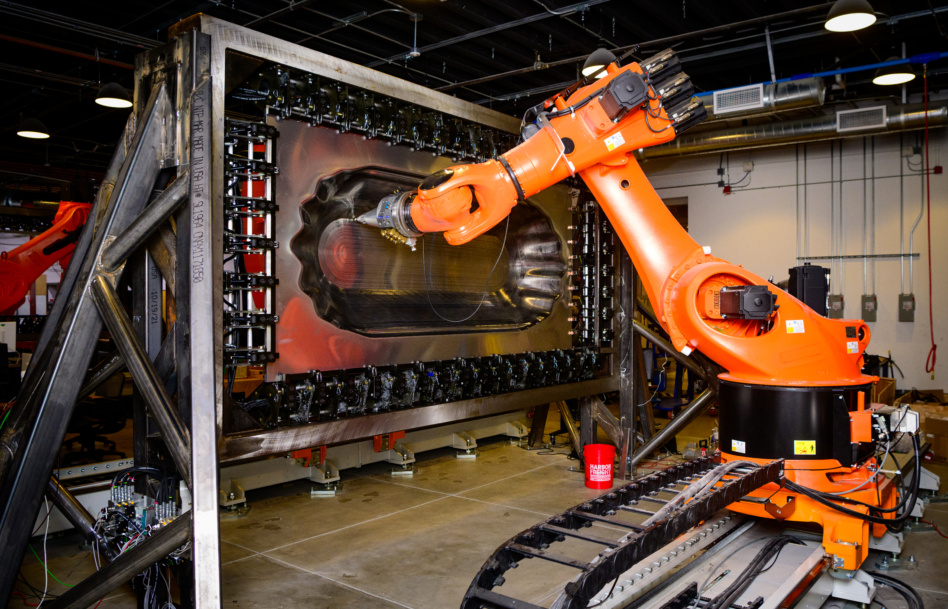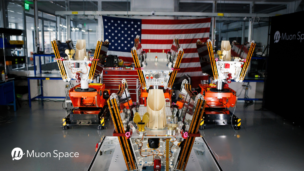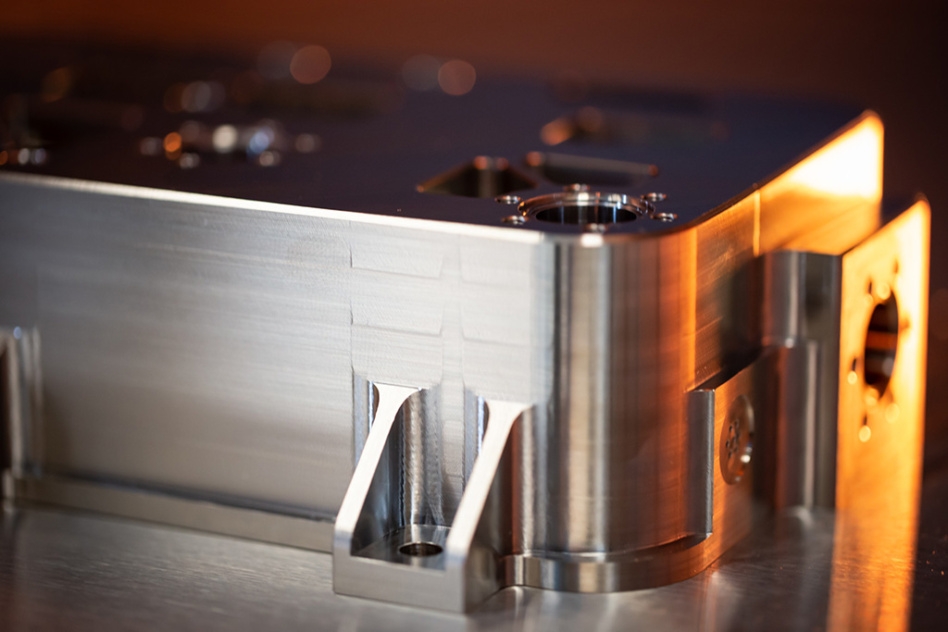Tech giant NVIDIA is bringing AI fever—and dollars—to manufacturing.
Machina Labs raised a $32M Series B round co-led by NVIDIA’s venture arm to continue building out its robotics and AI-based manufacturing capabilities, the company announced yesterday.
“This Series B funding underscores the transformative potential of merging robotics and artificial intelligence,” said Machina chief Edward Mehr.
The round represents a powerful endorsement from NVIDIA, an AI juggernaut valued at over a trillion dollars. Machina will use the funds raised to meet customer demand and build out various R&D initiatives. The company has now raised $45M since emerging from stealth in 2021.
Robotic workforce: The LA-based business provides robotic sheet-forming solutions for industrial customers. The company says it “uses robots the way a blacksmith uses a hammer.”
- Machina believes AI and software-powered sheet forming can increase factory efficiency, speeding up delivery times compared to traditional methods.
As for space…One of the company’s primary target markets is the rocket and satellite sector. Machina’s capabilities include cutting domes, fairings, and other spacefaring structures. An efficient and rapid manufacturing process would allow space businesses to iterate faster, ultimately accelerating the speed with which a company can bring its launch vehicle or satellite to market.





